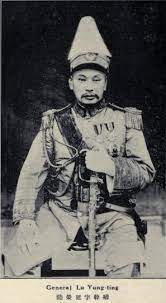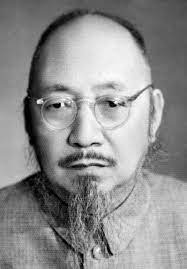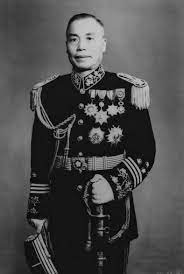Lu Jung-t'ing (1856-1927), Kwangsi warlord. He began his career as a bandit and later became army commander and deputy military governor of Kwangsi, a supporter and then an opponent of Yuan Shih-k'ai, inspector general of Kwangtung and Kwangsi, and a high official of the republican government at Canton. His public career ended in the early […]












